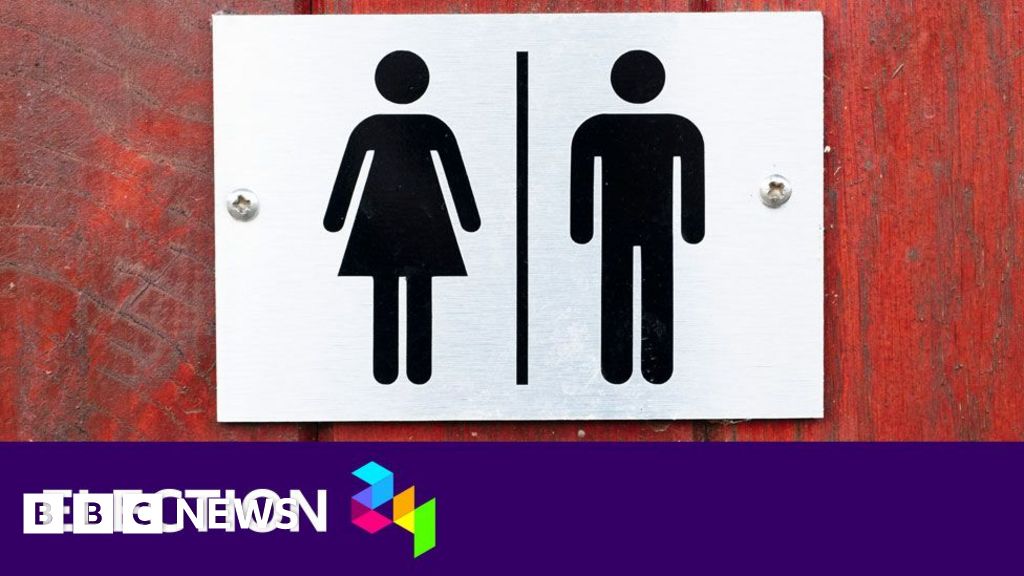Conservatives pledge to rewrite Equality Act to focus on biological sex: Analysis and Reactions
Conservatives pledge to rewrite Equality Act to protect biological sex
The Conservatives have made a bold promise to rewrite the Equality Act, ensuring that protections based on a person’s sex will only apply to their biological sex. Prime Minister Rishi Sunak emphasized the importance of the “safety of women and girls” in justifying this move, citing the confusion surrounding definitions of sex and gender that currently exist.
This election pledge aims to simplify the rules for service providers catering to women and girls, such as those offering support to domestic abuse victims, by preventing biological males from participating. However, Labour’s shadow defence secretary John Healey criticized the proposed change, calling it unnecessary and a distraction from more pressing issues.
The Liberal Democrats and Scottish National Party (SNP) have yet to comment on the Conservatives’ proposal, which seeks to align the Equality Act with a strict interpretation of biological sex. The party argues that the legislation has not kept pace with evolving understandings of sex and gender since its introduction in 2010.
While the Conservatives frame their pledge as a matter of privacy and principle, it also appeals to socially conservative voters who may be wavering in their support. By taking a firm stance on this issue, the party hopes to challenge other political parties to clarify their positions as well.
However, critics have accused the Conservatives of using this issue to divide and demonize transgender individuals for political gain. Minister for women and equalities, Kemi Badenoch, defended the proposed changes, stating that they aim to protect biological women in sensitive spaces like hospital wards and rape crisis centers.
The debate over transgender rights and protections is likely to continue as the Conservatives push for amendments to the Equality Act. As the political landscape evolves, the impact of these proposed changes on transgender individuals and their access to essential services remains a point of contention.


